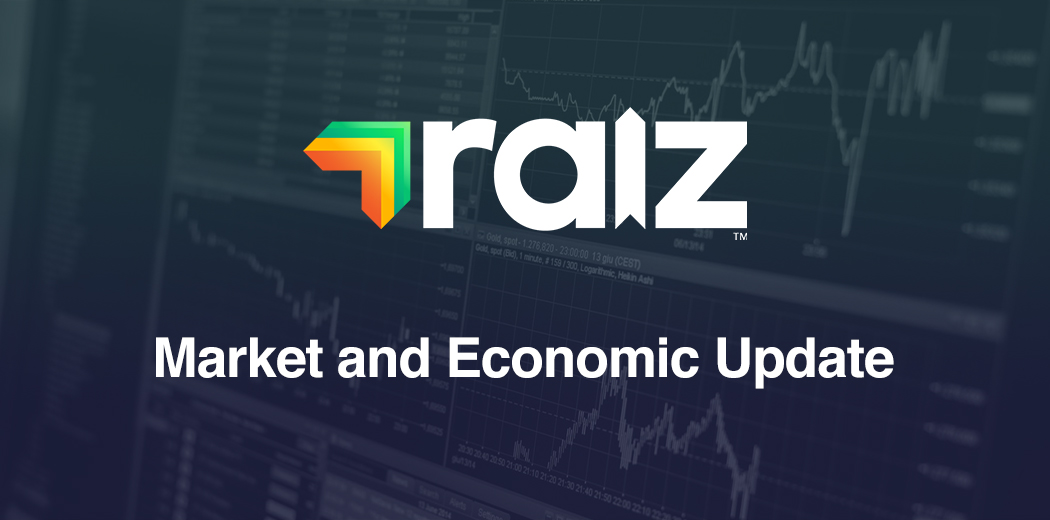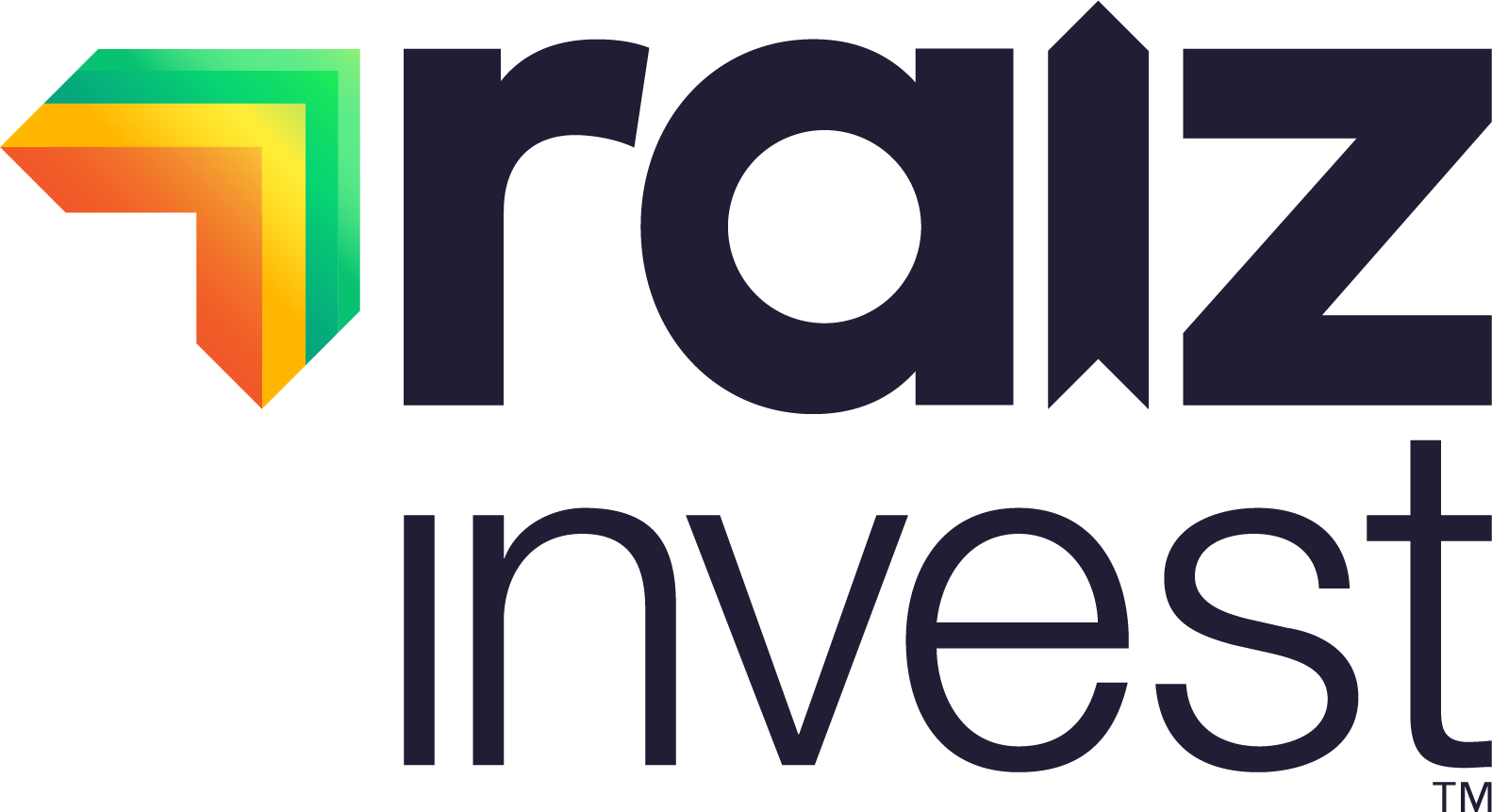Coronavirus impact on Aus economy unclear

25/02/20
From George Lucas, Raiz CEO
Soft Aussie jobs data hits AUD
This week saw the Australian dollar hit its lowest level against the US dollar since March 2009, while the yield of Australia’s 10-year government bonds fell below 1 per cent on Thursday.
The trigger for the slide in the local currency appears to have been weak jobs data, which showed the unemployment rate climbing to 5.3 per cent in January, up from 5.1 per cent in the previous month. However, it should be noted that the jobless rate rose because more people were looking for work, not because jobs were being cut, with total employment rising by 13,500.
RBA keeping close eye on labour market
Given the recent fall in the AUD, it’s unlikely that the Reserve Bank of Australia (RBA) will loosen monetary policy any further from its historically low level of 0.75 per cent.
However, given the uptick in the unemployment rate, RBA Governor Philip Lowe will be keeping a close eye on the labour market after flagging that an unemployment rate trending higher could justify another rate cut. January’s increase does not signify a trend yet.
The RBA, in its considerations, would also be monitoring inflation as well as the effect on the economy of the sharp fall in the AUD this year. This cannot be measured in one month of data.
Coronavirus impact on Aus economy unclear
Turning to the global coronavirus emergency, experts are warning that the spread of the virus is outpacing efforts to contain it, with recent notable outbreaks in Italy and South Korea.
Regarding the virus’ impact on the Australian economy, the effect will depend on how quickly it is brought under control worldwide and especially in China, which is the epicentre of the emergency. That’s because Australia is exposed to both a sharp fall in Chinese tourism spending and prolonged factory closures in China flowing from efforts to contain the coronavirus.
I believe that the effect of the coronavirus may be short lived and in the near future we could see a rebound in the Australian dollar, but unfortunately also in inflation.
Bushfires likely to dent economic growth
While the impact of the coronavirus on Australia is still to play out, the adverse impact of the recent bushfire emergency on growth will likely see the economy contract by 0.1 per cent this quarter.
Looking ahead, the news is better as we will see the bushfires add to the growth of the Australian economy in the next 36 months as the country begins to rebuild after the crisis.
Big 5 tech companies driving US stocks higher
In the US, the shares of the five big US tech firms — Facebook, Amazon, Apple, Microsoft and Alphabet — have done a lot of the heavy lifting in seeing the US stock market rise to a record high.
This begs the question, should we be concerned about a tech bubble? There are some obvious differences between today and the 1990s, with most of the modern tech stars hugely profitable.
However, the combined price/earnings ratio of the tech titans is now 60 per cent higher than that of the rest of the market, with tech stocks also the “most crowded trade” across global markets.
Rapid earnings growth behind tech stock valuations
Looking at the drivers for what’s going on with tech stocks, the story appears to be expectations of extremely rapid earnings growth fuelling high valuations. According to Bloomberg, analysts forecast that the big five will see double-digit earnings growth over the next three to five years, and a more than 20 per cent annualised rate in a couple of cases.
That’s far faster than analysts’ projections for the median firm in the S&P 500, and well above any reasonable estimate of US nominal GDP growth. On this basis, the tech rally amounts to a bet that the largest listed firms will become even more dominant in time.
However, downside risks remain. These stocks are exposed to political risk especially if Democrats win the presidential election. Indeed, big tech’s sheer size makes it most exposed to the tougher anti-trust enforcement supported by most Democratic candidates.
There’s also the risk that future US corporate tax reform may impact the tech giants’ earning, since their effective tax rates are generally lower than average. The EU is already taking a more proactive stance, with new digital services taxes a key threat.
Gold rises on coronavirus fears
Meanwhile, the price of gold rose above $1,600 per ounce for the first time since 2013 last week. While the drivers for this remain unclear, the jump may be linked to investors rushing to the precious metal’s safety due to fears over the global fallout from the ongoing coronavirus crisis.
Important Note: The information on this website is provided for the use of licensed financial advisers only. The information is general advice and does not take into account any person’s particular investment objectives, financial situation or investment needs. If you are an investor, you should consult your licensed adviser before acting on any information contained in this website.
Investors only: The information in this Document is confidential it must not be reproduced, distributed or disclosed to any other person unless it is part of their statement of advice. The information may be based on assumptions or market conditions and may change without notice. This may impact the accuracy of the information. In no circumstances is the information in this Document to be used by, or presented to, a person for the purposes of making a decision about a financial product or class of products.
General advice warning: The information contained in this Document is general information only. It has been prepared without taking account any potential investors’ financial situation, objectives or needs and the appropriateness of this information needs to be considered in that context. No responsibility or liability is accepted by Instreet or any third party who has contributed to this Document for any of the information contained herein or for any action taken by you or any of your officers, employees, agents or associates.



